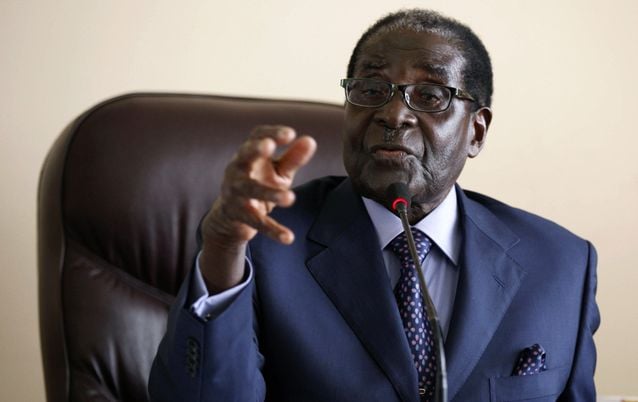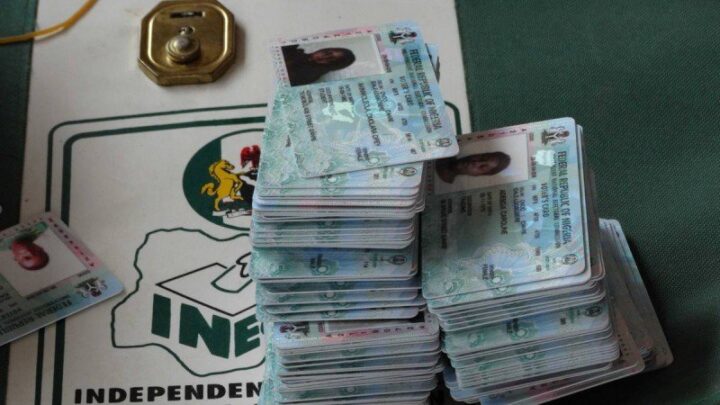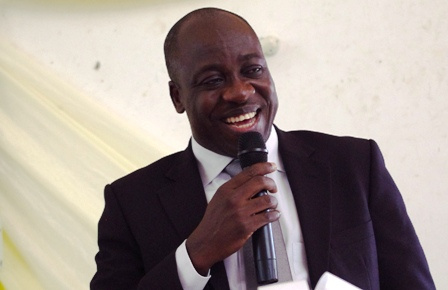Zimbabwe President Robert Mugabe has been named the new chairman of the African Union (AU).
Mugabe, who is the oldest president in Africa, took over from President Mohamed Ould Abdel Aziz of Mauritania on Friday.
Acknowledging that a great task was ahead, the third longest-serving ruler on the continent, promised to deliver on his new assignment.
“By electing me to preside over this august body, with full knowledge of the onerous responsibility that lies ahead, I humbly accept your collective decision,” Mugabe said, as he thanked leaders for granting him the position.
Advertisement
The former guerrilla leader, who has ruled Zimbabwe since independence in 1980, is accused of crushing opponents to ensure his ZANU-PF party won every election for more than three decades.
He is also subject to travel bans from both the United States and European Union in protest at political violence and intimidation.
Last year, Mugabe boycotted an EU-Africa Summit in Brussels after he was given a rare invitation but his wife was denied a visa.
Advertisement
Born on February 21, 1924, at Kutama Mission northwest of the capital Harare, Mugabe was raised in a Catholic family and was described as a loner and a studious child.
After his father walked out on Mugabe’s mother and siblings when he was 10, the young Robert Mugabe concentrated ever harder on his studies, and qualified as a schoolteacher at the age of 17.
An intellectual who initially embraced Marxism, he enrolled at Fort Hare University in South Africa, meeting many of southern Africa’s future black nationalist leaders.
As a member of various nationalist parties that were banned by the white-minority government, Mugabe was detained in 1964 and spent the next 10 years in prison camps or jail.
Advertisement
He used his incarceration to gain three degrees through correspondence courses, but the years in prison left their mark.
Released from jail in 1974 he became leader of the Zimbabwe African National Union (ZANU) and left for neighbouring Mozambique to wage a guerrilla war against Ian Smith’s white-minority Rhodesian government.
Economic sanctions and war forced Smith to negotiate, after which ZANU came to power in 1980 elections.
The bespectacled intellectual — sporting a moustache oddly reminiscent of Hitler — extended education, healthcare and opportunity to formerly disenfranchised blacks.
Advertisement
Britain, the former colonial power, made him an honorary knight as he swapped his Maoist outfits for Saville Row suits, showing a love for cricket and shopping at Harrods in London.
Advertisement







